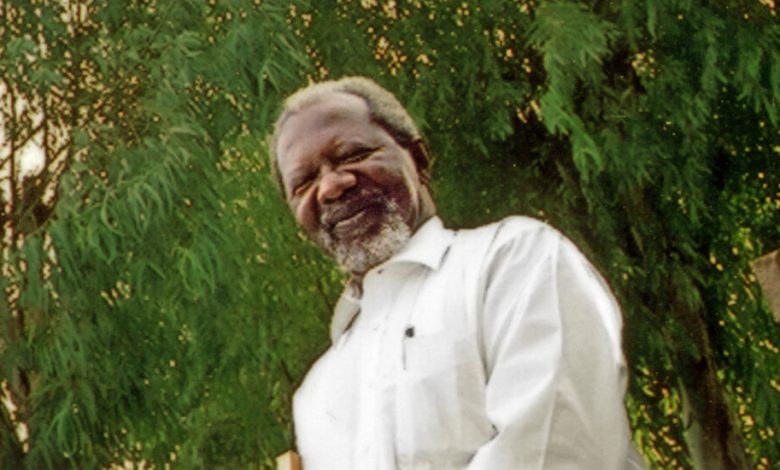Paulin Hountondji, Revolutionary African Philosopher, Dies at 81

Paulin Hountondji, a philosopher from Benin whose critique of colonial-era anthropology helped transform African intellectual life, died on Feb. 2 at his home in Cotonou, Benin’s largest city. He was 81.
His death was confirmed by his son, Hervé, who did not cite a cause.
As a young philosophy professor on a continent that was throwing off the colonial grip in the 1960s, Mr. Hountondji (pronounced HUN-ton-djee) rebelled against efforts to force African ways of thinking into the European worldview. Himself steeped in European thought — he was the first African admitted as a philosophy student at the most prestigious school in France, the École Normale Superieure — he developed a critique of what he called “ethnophilosophy,” a concoction of Europeans.
His work has shaped the study of philosophy in Africa ever since. It became a kind of second declaration of independence for Africa — an intellectual one this time — in the view of the African philosophers who have followed Mr. Hountondji. It was “very important and very liberating,” the Columbia University philosopher Souleyman Bachir Diagne said in an interview.
In his introduction to the book “Paulin Hountondji: Leçons de Philosophie Africaine,” by Bado Ndoye (published in 2022 but not yet translated into English), Mr. Diagne called him “the most influential figure in philosophy in Africa.”
A modest man who spent his career teaching in African universities, mostly at Benin’s national university, with brief forays into the turbulent politics of his small West African coastal homeland, Mr. Hountondji knew that there was something amiss in efforts by Europeans to tell Africans how they should think about their place in the universe.
He also knew that the emerging strongman rule of the 1960s, with its enforced groupthink, spelled trouble for the continent. He found the roots of that idea of collective thought — wrongly considered a natural attribute of Africans — in the “ethnophilosophy” that he so strongly criticized.
